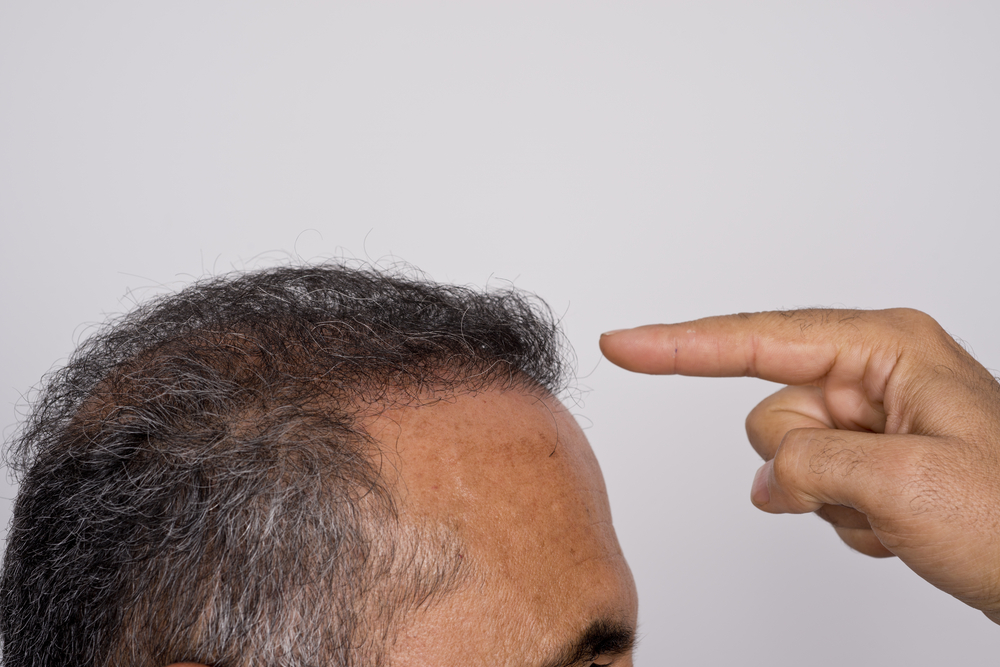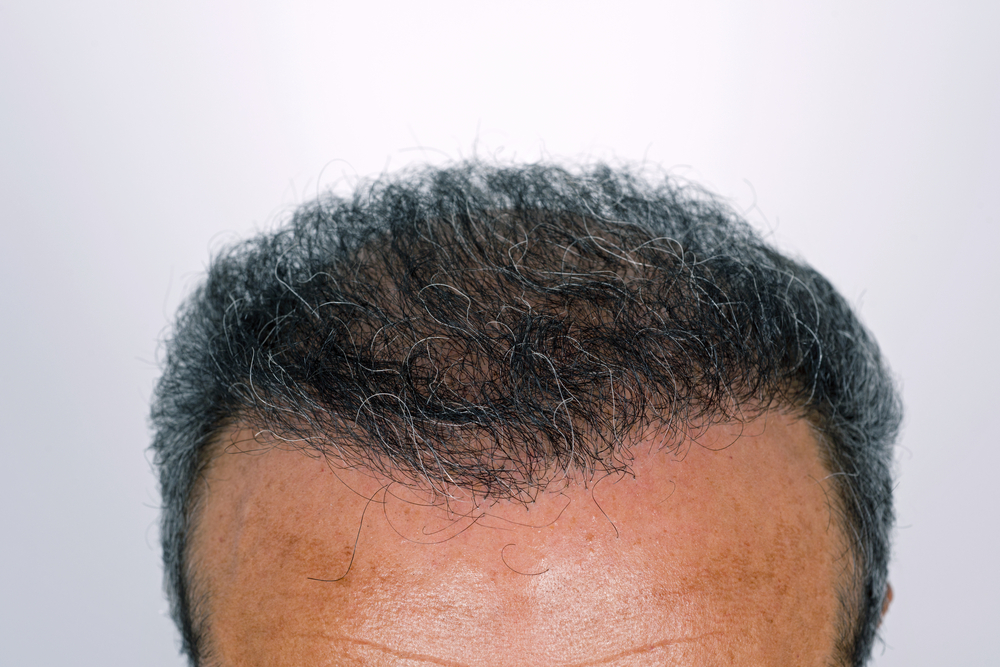The satisfaction and regret associated with hair transplants can vary from person to person. Hair transplant procedures have come a long way in terms of technology and techniques, and many people are highly satisfied with the results.
These are factors to consider that may influence a person’s level of satisfaction or regret…
- Expectations – Unrealistic expectations can lead to disappointment. You should have a clear understanding of what a hair transplant can and cannot achieve. A hair transplant can improve the appearance of thinning or receding hair, but it may not result in a full head of hair like someone had in their youth.
- Surgical Skill and Experience – The skill and experience of the surgeon performing the hair transplant can significantly impact the outcome. A skilled and experienced surgeon is more likely to produce natural-looking results with minimal scarring.
- Postoperative Care – Proper postoperative care and maintenance are crucial for the success of a hair transplant. Patients who follow the recommended post-surgery care instructions are more likely to have better outcomes.
- Scarring – All surgical procedures carry a risk of scarring. The extent and visibility of scarring can vary depending on the surgical technique used and individual factors like skin type and healing ability.
- Costs – Hair transplants can be expensive, and individuals who experience financial strain or feel that they did not get value for their money may be more likely to regret the procedure.
- Psychological Factors – Hair loss can have a significant impact on a person’s self-esteem and self-image. Those who undergo hair transplants hoping for a boost in self-confidence may experience increased satisfaction, while others who still struggle with self-esteem issues may not be as satisfied.
- Complications – While complications are relatively rare, they can occur with any surgical procedure. Infections, scarring, or unsuccessful grafts may lead to regret.
- Future Hair Loss: Hair loss is often a progressive condition and individuals who continue to experience hair loss after a transplant may be dissatisfied with their results.
To minimize the chances of regret, you should consider a hair transplant with reasonable expectations. Choose a qualified and experienced surgeon, thoroughly research the procedure and its potential risks, and discuss their concerns and goals with their medical professional before making a decision. The satisfaction or regret associated with a hair transplant is highly individual and can vary widely.





